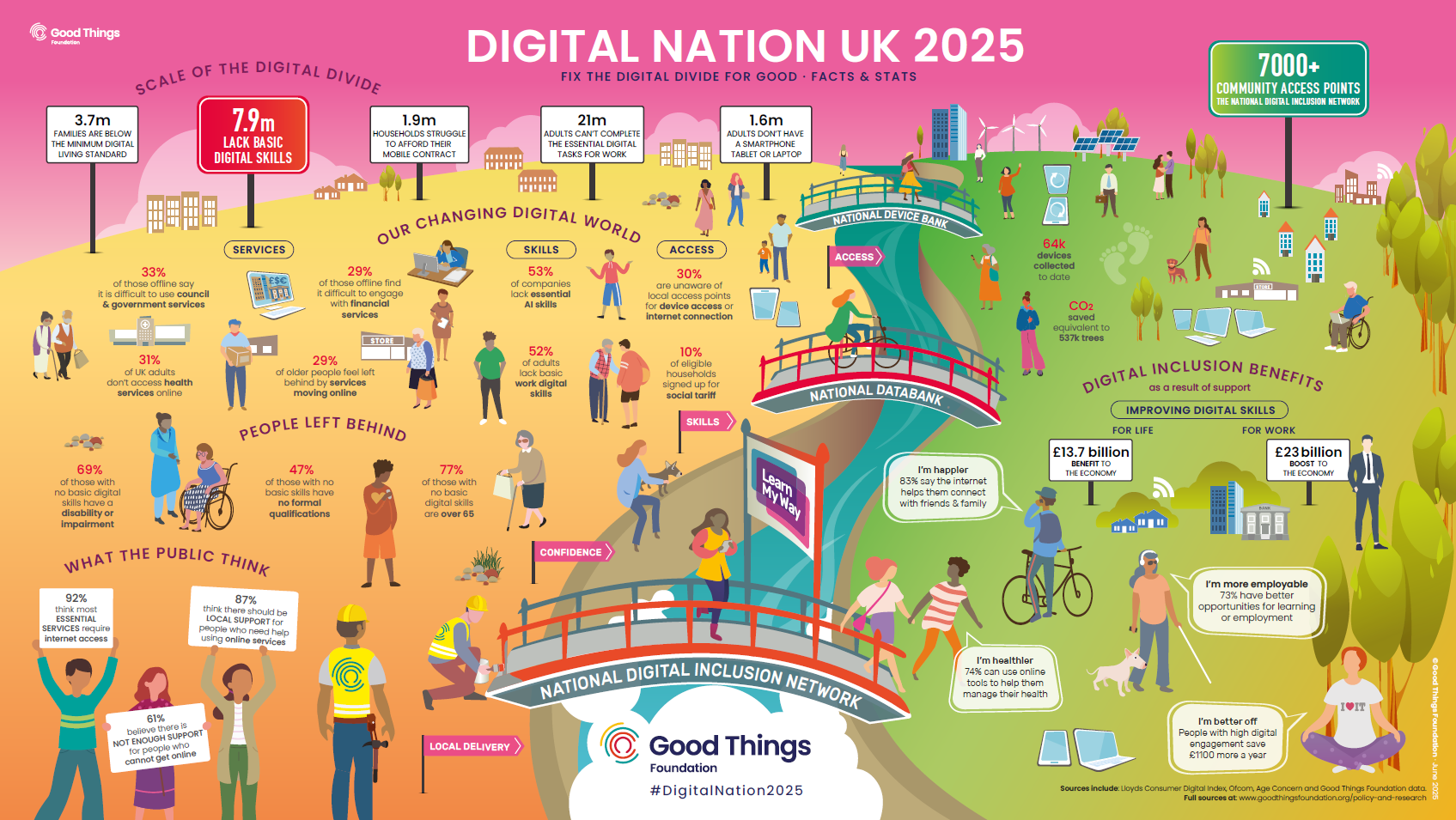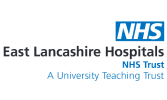What is health literacy?
Definition: In a nutshell, Health Literacy is a person’s ability to access, understand and act on health information (from Nutbeam)
Defining, measuring and improving health literacy
Why is health literacy important?
Research shows that there is a direct link between people’s basic skills (Maths and English) and their health outcomes. People who have the lowest skills are the same people who suffer the worst health outcomes.
Health literacy is important for everyone because, at some point in our lives, we all need to be able to find, understand, and use health information and services.
Taking care of our health is part of everyday life, not just when we visit a doctor, clinic, or hospital. Health literacy can help us prevent health problems, protect our health, and better manage health problems when they arise.
Who is more likely to be affected by health literacy? People with low literacy.
Health literacy affects people's ability to:
- Navigate the healthcare system, including filling out complex forms and locating health services
- Share personal information, such as their medical history, with health providers
- Engage in self-care and managing their own condition
- Understand mathematical concepts, such as probability and risk, which allow people to weigh up their options and make the best decision given their circumstances
Impact on services:
- Wasted medications
- Missed appointments
- Inappropriate decisions for the patient
- Inappropriate use of services
- More likely to be hospitalised/longer hospital stays
Impact on the NHS:
- Missed GP appointments: in excess of £162m per year
- Missed outpatient hospital appointments: £108 each x 6.9 million (£745 million)
- Wasted medication: £300m per year
- Inappropriate use of A&E: £136m per year
- Unnecessary emergency ambulance: £455 per call out
- Avoidable hospital stays: £400 per day
People with lower health literacy
- Are 1.5-3 times more likely to experience increased hospitalisation or death
- Are more likely to struggle with managing their own and their family’s health and wellbeing, and are thus at increased risk of developing multiple health problems
- Use fewer preventive and health promotion services and have less adherence to medical instructions and healthcare regimes
- Find it more difficult to access appropriate health services, make more use of accident and emergency services and have longer in-patient stays
Health Literacy Map
This tool provides an estimate of the percentage of a local authority population with low health literacy and numeracy or with just low health literacy.
It presents data on individual local authorities with the option of a map view. When using the map view, you can zoom in or out to see comparative health literacy levels over a wider or smaller geographic area. Click on the local authority areas in the map to see the estimated prevalence of low health literacy.
Please begin by entering the name of a local authority. Use lower tier local authority names i.e. the local council (district or borough).
NB. Data are for 2016 so Local Authority choices and mapping reflect 2016 boundaries. Some Local Authorities have since merged. In these cases please base your choices on 2016 Local Authorities as per the table below.












